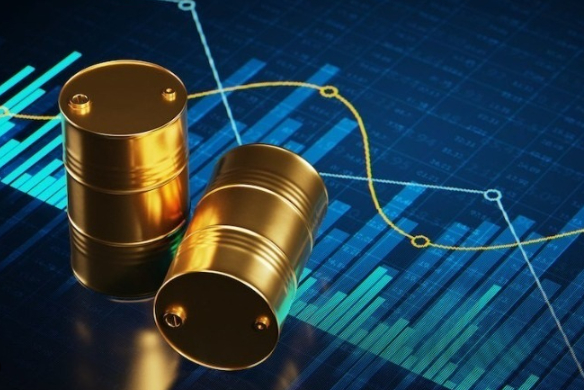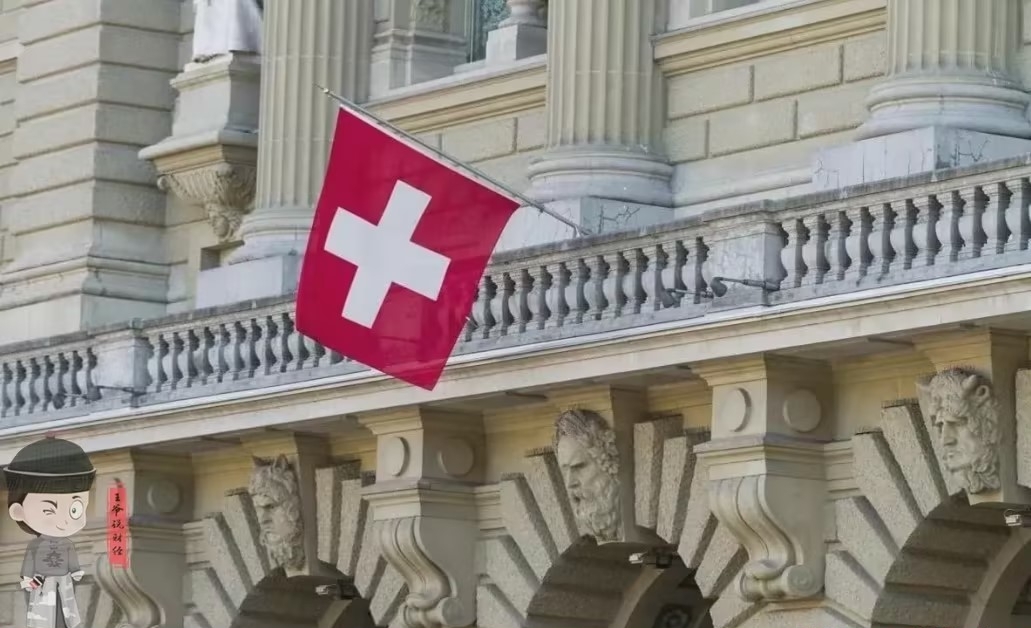
Facing escalating Western sanctions pressure, Russia's second-largest oil producer, Lukoil, recently announced plans to sell its international assets. This decision signals a new round of strategic retrenchment for the Russian energy giant amid the Ukrainian crisis, aimed at addressing the existential challenge posed by the US and European "precision sniping."
In October 2025, the US and EU simultaneously tightened sanctions on Russia's energy industry. Lukoil and Rosneft were blacklisted, and the US Treasury froze their US dollar trading accounts, cut off key technical services, and, for the first time, implemented a full blockade of Russia's oil supply chain. The UK simultaneously sanctioned 183 tankers, striking directly at the Achilles' heel of Russia's oil transportation. These measures aim to strangle the Russian economy's economic engine and weaken its war financing capabilities.
Lukoil's asset sales plan covers several key areas. Its flagship project, the West Qurna-2 oil field in Iraq (with a daily output exceeding 480,000 barrels), has become a focal point. Other assets include the Lukoil Burgas refinery in Bulgaria (the largest in the Balkans), refining assets in Romania, and a network of oil terminals and gas stations in several European countries. The company's statement emphasized that the sale will be conducted under a transitional license issued by the US OFAC, with plans to apply for an extension to ensure operational continuity. This move is intended both to mitigate the risk of asset freezes and to restructure its business structure, shifting its focus to the more stable Asian market.
Faced with sanctions, Lukoil is not passively defending itself. It has developed multiple response mechanisms: first, accelerating de-dollarization, maintaining trade with Asian customers through the ruble settlement system; second, establishing a "shadow fleet" to evade tracking by frequently changing flags and disabling transponders, diverting oil to key markets such as India; and third, strengthening domestic market control, such as the 2022 acquisition of 411 Shell gas stations and lubricant plants in Russia to strengthen its local business foundation. These measures demonstrate the resilience of Russia's energy giant. Despite short-term cash flow pressures, it is reshaping its survival space through market diversification and supply chain restructuring.
Lukoil's asset sales have caused turmoil in global energy markets. Europe faces an energy security paradox: while reducing its dependence on Russia, the backlash from sanctions is exacerbating inflationary pressures. India, however, has become a key variable, continuing to absorb Russian oil at discounted prices, weakening the effectiveness of Western sanctions. China maintains a neutral stance, emphasizing its opposition to unilateral sanctions while ensuring energy security through diversified import channels. This game highlights the double-edged nature of economic weapons: both those applying pressure and those under pressure bear costs. Russia's resilient breakthrough is reshaping the energy geopolitical landscape.
Lukoil's asset sales are essentially a microcosm of the game between Western sanctions and Russian countermeasures. Despite facing technology supply cuts and a funding crisis, Russia has avoided complete suffocation thanks to its pre-established Asian defenses and its "de-dollarization" approach. The outcome of this energy game may resemble the Russo-Ukrainian conflict itself: there will be no quick winners, only survivors who, through strategic flexibility, find a balance in a protracted war. Lukoil's withdrawal is actually to preserve its strength during the winter of sanctions and wait for the opportunity to break through in the next strategic cycle.

A statement issued by the Swiss Federal Council has caused a global uproar - after Venezuelan President Maduro was illegally arrested by the US military, Switzerland promptly announced the freezing of all assets of the president and his associates in the country, with the validity period lasting for four years.
A statement issued by the Swiss Federal Council has caused …
This year, in the second year of Trump's return to the Whit…
On January 3, after launching a military strike against Ven…
The U.S. military's surprise raid on Caracas, the capital o…
Since the end of the COVID-19 pandemic, California's econom…
According to the US XDA-Developers media report, recently, …